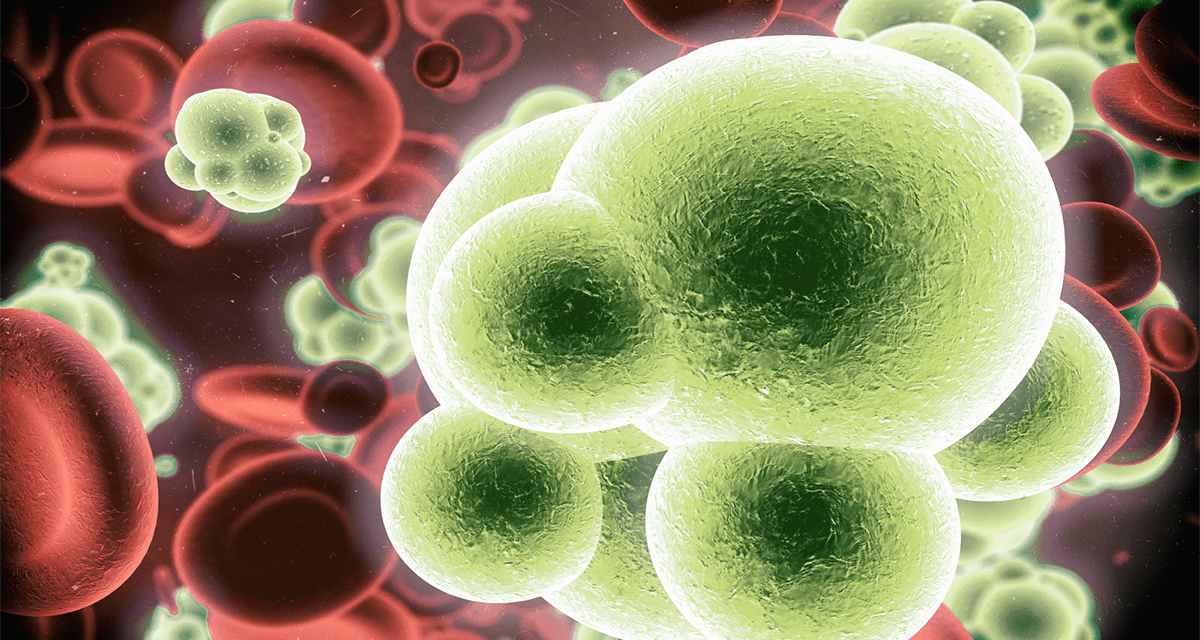The tongue squamous cell carcinoma (TSCC) is a highly prevalent head and neck cancer often associated with tobacco and/or alcohol abuse or high-risk human papillomavirus (HR-HPV) infection. HPV positive TSCCs present a unique mechanism of tumorigenesis as compared to tobacco and alcohol-induced TSCCs and show a better prognosis when treated. The poor prognosis and/or recurrence of TSCC is due to presence of a small subpopulation of tumor-initiating tongue cancer stem cells (TCSCs) that are intrinsically resistant to conventional chemoradio-therapies enabling cancer to relapse. Therefore, targeting TCSCs may provide efficient therapeutic strategy for relapse-free survival of TSCC patients. Indeed, the development of new TCSC targeting therapeutic approaches for the successful elimination of HPV TCSCs could be achieved either by targeting the self-renewal pathways, epithelial mesenchymal transition, vascular niche, nanoparticles-based therapy, induction of differentiation, chemoradio-sensitization of TCSCs or TCSC-derived exosome-based drug delivery and inhibition of HPV oncogenes or by regulating epigenetic pathways. In this review, we have discussed all these potential approaches and highlighted several important signaling pathways/networks involved in the formation and maintenance of TCSCs, which are targetable as novel therapeutic targets to sensitize/eliminate TCSCs and to improve survival of TSCC patients.Copyright © 2020. Published by Elsevier Inc.
HPV oral-tongue cancer stem cells: A potential target for relapse-free therapy.


